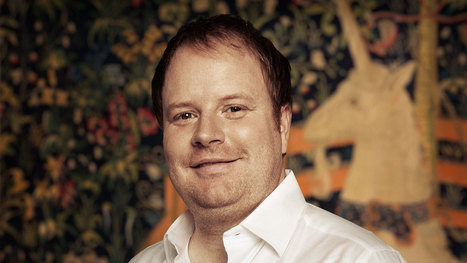The funding landscape in AR/VR has been defined by large rounds to the exceptionally well-funded Florida-based startup Magic Leap, which has raised nearly $1.4B in venture funding. After raising massive Series B ($542M) and Series C ($780M) rounds, the stealth AR company’s financings tend to distort industry funding trends.
To identify well-capitalized AR/VR startups that aren’t named Magic Leap, we used CB Insights data to see which companies are raising big financing rounds and building war chests to help build out the AR/VR ecosystem, which some theorize could become the next major computing platform.
Topping the list of big AR/VR rounds was Laguna Beach, California-based NextVR, which focuses on virtual reality broadcasts of live events. NextVR recently raised an $80M Series B round.
The next biggest deal went to Palo Alto-based cinematic VR platform Jaunt. The company raised a $65M Series C in September of 2015.
In third was UK-based Blippar, which produces a mobile AR visual search app. Blippar last raised a $54M Series D in March of 2016.



 Your new post is loading...
Your new post is loading...










CB insights always has valuable perspectives on venture capital, startups, disruptors and industries ready to grow. This report looks at 15 startups in the artificial reality/virtual reality space and it's fascinating.